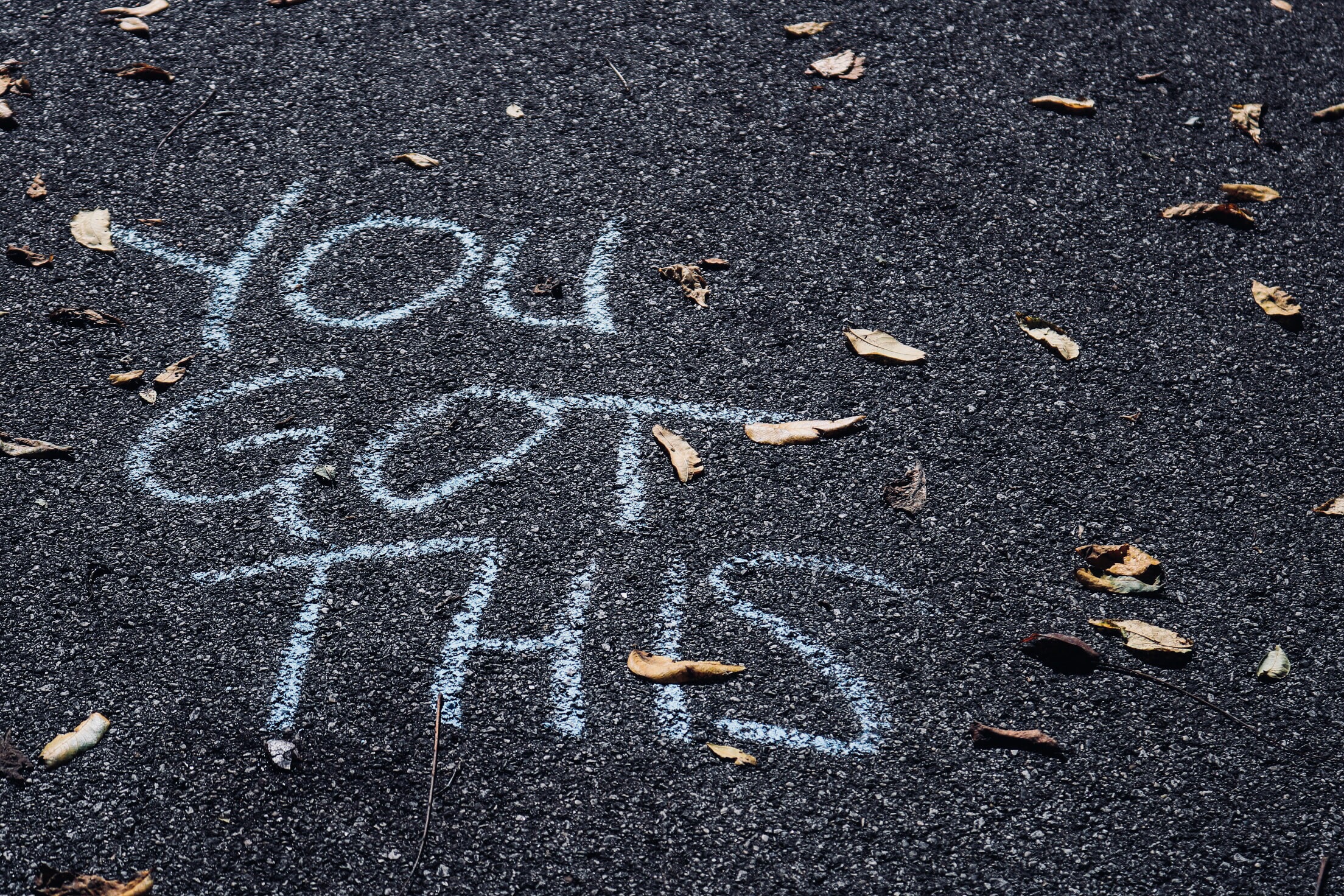Newsroom Mental Health Resource Guide

Part 1: Situational Awareness
You cannot say safe if you are not aware of your surroundings. This can be especially challenging for the multi-tasking, on-air field journalist. Test your observation skills, learn strategies to build your awareness and create your safety action plan.
Part 2: Safety Equipment for Civil Unrest
During civil unrest, physical threats to observers including media increase substantially. Covering unrest requires particular safety precautions and protection including head, eye and respiratory How to select and deploy protective gear.
Part 3: Verbal De-Escalation
Verbal De-Escalation is a skill any journalist can use to help calm an upset person they may encounter. This skill is used by public safety officials and mental health workers to prevent confrontations from escalating.
Trainer
 Chris Post is a staff photojournalist at WFMZ-TV in Allentown, Pennsylvania. A former firefighter and emergency medical technician of over 20 years, Chris transitioned to the field of journalism in 2009 picking up the camera he always loved since learning analog photography in the 1980’s.
Chris Post is a staff photojournalist at WFMZ-TV in Allentown, Pennsylvania. A former firefighter and emergency medical technician of over 20 years, Chris transitioned to the field of journalism in 2009 picking up the camera he always loved since learning analog photography in the 1980’s.
Chris has blended his former occupation into his new career and specializes in covering breaking news, working in remote locations and disaster sites. Chris formerly worked with the United States Antarctic Program as the Captain of Fire Rescue at McMurdo Station, Antarctica and as a prehospital EMS provider in the Philadelphia region.
Having a deep understanding of the dynamics of emergency services and situational awareness has given Chris and edge when covering media rich events where police, fire and ambulance personnel might be hesitant of press interaction. Chris is the National Chairperson of the Safety & Security Committee for the National Press Photographers Association.
Contact: @ChrisMPost • chris@newsphoto.tv
Caring for Your Team
Repeated exposure to difficult stories can take a toll on journalists’ mental health, and newsrooms are all under additional strain from ongoing coronavirus impacts. What do journalists, especially news managers, need to know to support mental health in the newsroom? New York City journalist-turned-therapist Melissa Stanger shares why journalists are at risk for stress and trauma, signs to look out for and strategies for coping.
Know Your Rights
• National Press Photographers Association guidance on rights and safety
• Poynter guide to journalists' rights and safety in covering protests
• RTDNA Know Your Rights video discussion and PDF guide
• RCFP Legal Defense and FOIA Hotline
Report Responsibly
• RTDNA's guidelines for covering civil unrest
• Words Matter: The Language of Unrest
• Ethical questions for journalists covering protests
• RTDNA's guidelines for balancing privacy
• RTDNA's guidelines for live coverage

